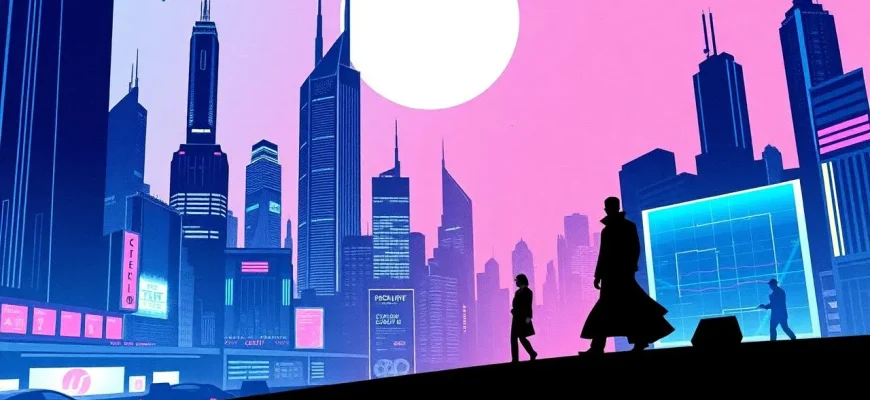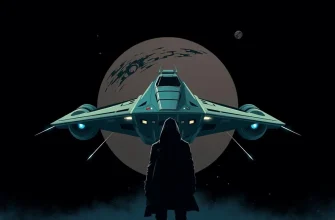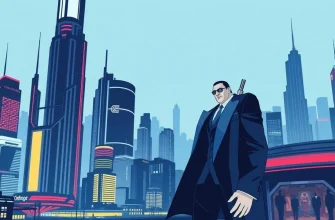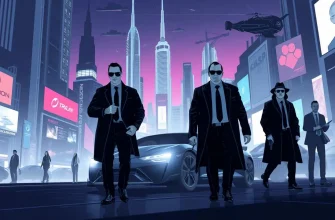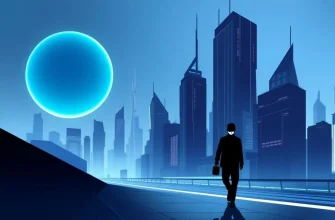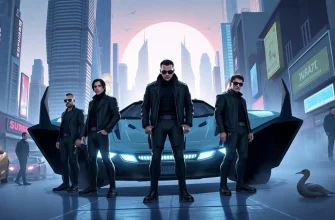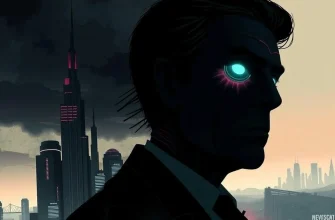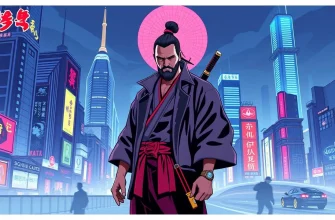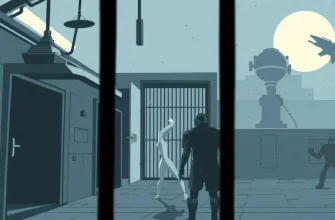Dive into a world where crime meets science fiction in the most unexpected ways. This collection of films isn't just about futuristic settings or high-tech gadgets; it's about how crime evolves in a world where technology can be both a tool and a weapon. From cyberpunk cities to dystopian futures, these movies explore the darker side of humanity through the lens of science fiction, offering thrilling narratives that keep you on the edge of your seat. Whether you're a fan of mind-bending plots or simply love the blend of genres, this list will take you on a journey through time and space, where the only constant is the pursuit of justice or the thrill of the heist.

A Clockwork Orange (1971)
Description: While not strictly sci-fi, its dystopian setting and exploration of crime, punishment, and free will make it a compelling addition. It's about a young man's journey through crime, punishment, and rehabilitation.
Fact: The film's use of the Nadsat slang, derived from Russian, adds a unique linguistic layer. Stanley Kubrick withdrew the film from UK cinemas after it was linked to copycat violence.
 Watch Now
Watch Now 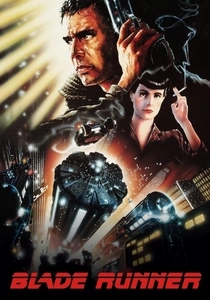
Blade Runner (1982)
Description: In a dystopian future, a cop is tasked with hunting down rogue bioengineered beings known as replicants. The film's noir aesthetic and philosophical questions about what it means to be human make it a perfect fit for this list.
Fact: The film's iconic visual style influenced countless sci-fi films. The voiceover narration was added after initial test screenings, which Ridley Scott later regretted.
 Watch Now
Watch Now 
Brazil (1985)
Description: A bureaucrat in a retro-futuristic world becomes an enemy of the state when he tries to correct an administrative error, leading him into a surreal and oppressive society.
Fact: The film's title is a reference to the song "Aquarela do Brasil," which plays during a dream sequence. Terry Gilliam's vision was so unique that the studio tried to re-edit the film without his approval.
 Watch Now
Watch Now 
The Running Man (1987)
Description: In a dystopian future, a wrongly convicted cop must survive a deadly game show where he's hunted by killers for the entertainment of the masses.
Fact: The film is loosely based on a novel by Stephen King (under the pseudonym Richard Bachman). Arnold Schwarzenegger's character was originally supposed to be a truck driver, not a cop.
 Watch Now
Watch Now 
Dark City (1998)
Description: A man wakes up with no memory to find he's wanted for murder. As he uncovers the truth, he discovers a city controlled by mysterious beings who manipulate time and reality.
Fact: The film was initially overshadowed by "The Matrix" but has since gained a cult following for its unique visual style and philosophical themes.
 Watch Now
Watch Now 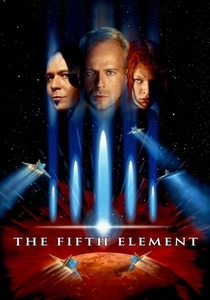
The Fifth Element (1997)
Description: This film features a cab driver turned unlikely hero who must save the world from an evil force. Its vibrant, colorful world and quirky characters make it a standout in the sci-fi crime genre.
Fact: The film was initially conceived as a comic book by Luc Besson. It was one of the first major films to use extensive CGI for its futuristic cityscapes.
 Watch Now
Watch Now 
Gattaca (1997)
Description: In a world where genetic engineering determines one's social status, a naturally born man assumes the identity of a genetically superior man to pursue his dream of space travel, leading to a web of deceit and crime.
Fact: The film's title is derived from the four nitrogenous bases of DNA: guanine, adenine, thymine, and cytosine. The production design was inspired by the works of architect Richard Meier.
 Watch Now
Watch Now 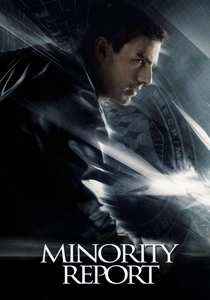
Minority Report (2002)
Description: Set in the near future, this film explores a system where crimes are predicted and prevented before they happen. It delves into themes of free will, predestination, and the ethics of pre-crime policing.
Fact: The film's use of futuristic technology was so convincing that it inspired real-world tech development. Tom Cruise's character uses a gesture-based interface that was ahead of its time.
 Watch Now
Watch Now 
Looper (2012)
Description: In a future where time travel exists, hitmen known as "loopers" are hired to kill targets sent back from the future. The film explores the consequences when a looper must kill his future self.
Fact: The film's concept of time travel was inspired by the idea of closing a loop, hence the title. Bruce Willis and Joseph Gordon-Levitt play the same character at different ages.
 Watch Now
Watch Now 
Strange Days (1995)
Description: Set in the last days of 1999, this film follows a former cop who deals in illegal VR recordings of other people's experiences, leading him into a conspiracy involving murder and corruption.
Fact: The film was directed by Kathryn Bigelow, who would later win an Oscar for "The Hurt Locker." The concept of recording and reliving memories was ahead of its time, influencing later works like "Black Mirror."
 30 Days Free
30 Days Free 
